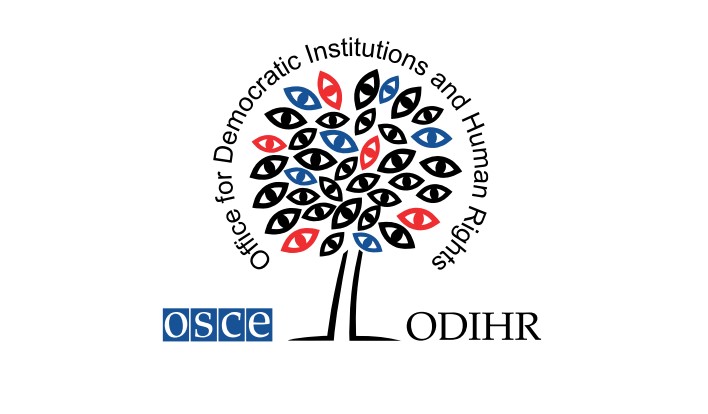OSCE/ODIHR conclusion on Moldova elections: Government's national security measures resulted in less space for expressing plurality of opinions
The OSCE/ODIHR publishes a conclusion regarding the presidential elections and the constitutional referendum in Moldova.
According to document, “The 20 October presidential election and constitutional referendum were well-managed and contestants campaigned freely in an environment characterized by concerns over illicit foreign interference and active disinformation efforts. While this affected the integrity of the process, additionally, domestic campaign conditions did not allow for a level playing field among contestants. The election administration worked professionally and demonstrated impartiality in their decision-making. In a competitive but minimally visible campaign, voters were offered a variety of political alternatives among presidential candidates, who were registered in an inclusive process. The manner in which the presidential election and referendum campaigns were conducted simultaneously, and media coverage which favoured the incumbent and the government, did not provide fully equal opportunities. Misuse of administrative resources in the campaigns was noted. Recent changes created a robust legal framework for campaign finances, but oversight was diminished due to the limited capacity and resources of the Central Election Commission (CEC). Further, the effectiveness of the resolution of election disputes was limited in the handling of some contentious cases and by the failure to meet review deadlines consistently. Election day was calm and well-organized and the voting process was assessed overwhelmingly positively by IEOM observers, with only a few procedural problems noted. The vote count and tabulation were assessed positively overall.”
Regarding media environment the document notes that “Moldova’s media landscape has undergone significant changes in recent years. The majority of ODIHR EOM interlocutors informed that conditions for media work without interference have improved. The government has adopted several measures to address national security threats related to interference from abroad and the influence of political figures over media environment. However, this has resulted in less space for expressing a plurality of opinions. Disinformation narratives and manipulative content were common and primarily spread through social networks. During the campaign, radio and TV political coverage is tightly regulated to ensure fairness, accuracy and impartiality, but ODIHR EOM media monitoring shows that coverage of the candidates in news and editorial programs varied significantly, with the incumbent receiving the most coverage overall in her official capacity and as a candidate, without clear distinction of the two. This, coupled with extensive coverage of the government by the public broadcaster without critical scrutiny and a pro-EU preference in violation of the principle of impartiality by some private broadcasters, did not ensure a level playing field. Coverage of the referendum in all newscasts was very limited.”
According to OSCE, “Election day was calm and orderly. The opening and voting processes were assessed positively in the overwhelming majority of polling stations observed, with established procedures largely followed. The few negative assessments of voting were mostly linked to intimidation of or pressure on voters, attempts to influence voters, or tension in and around polling stations. Secrecy of the vote was not always ensured, mainly due to the layout of the polling stations and, in some instances, the placement of the video camera.”

